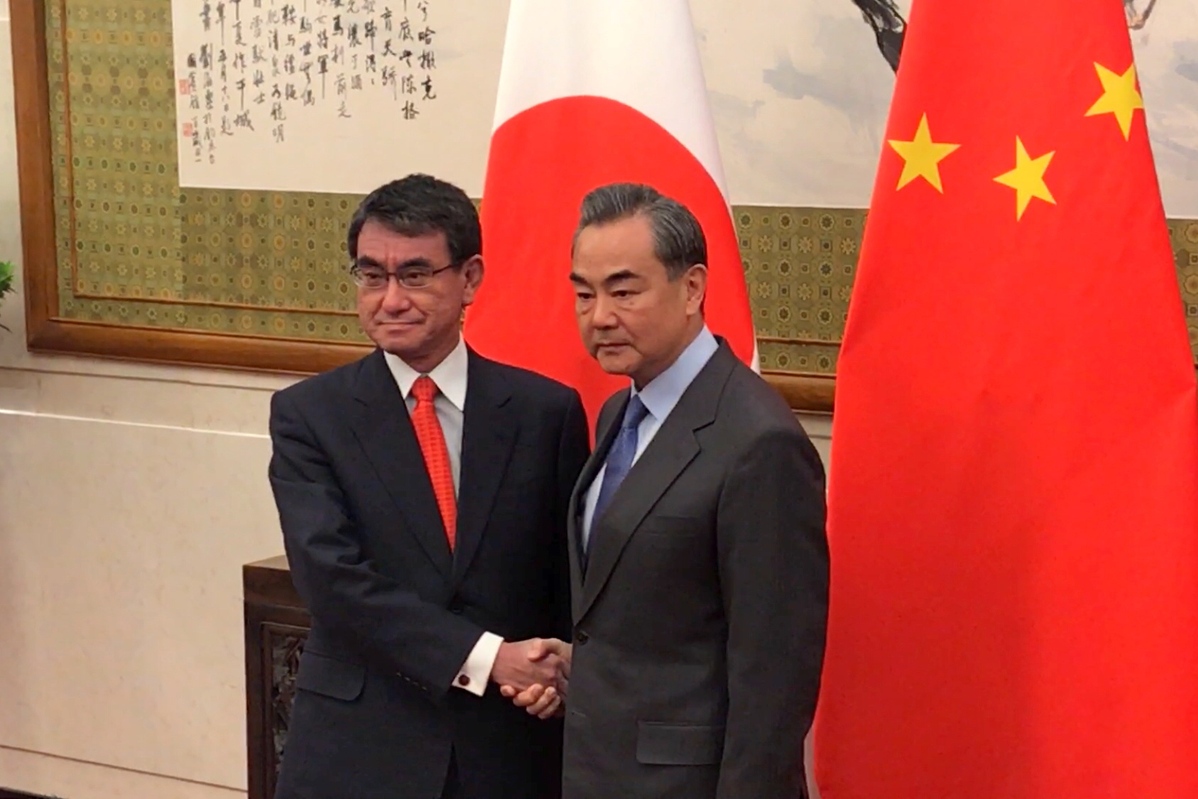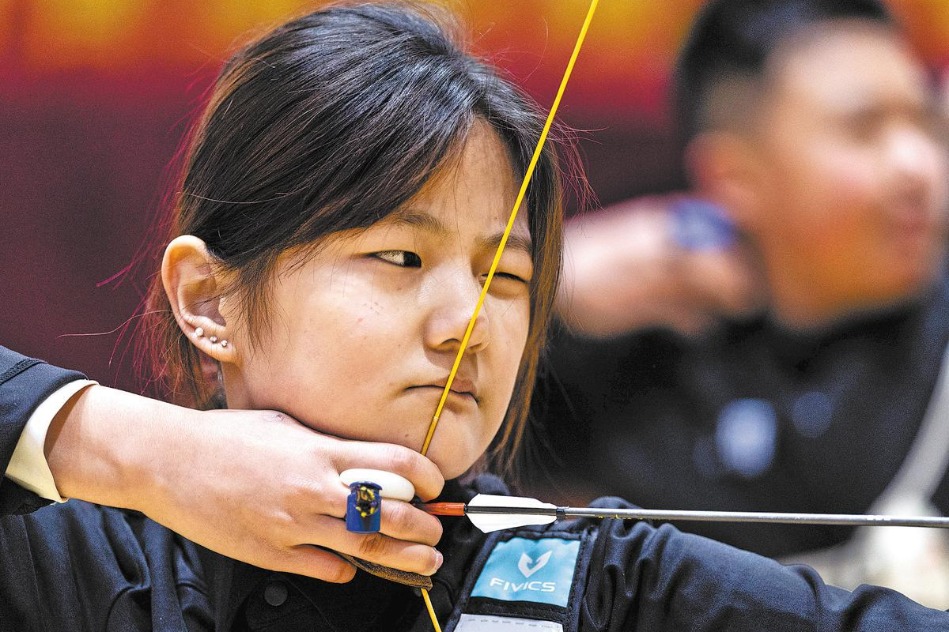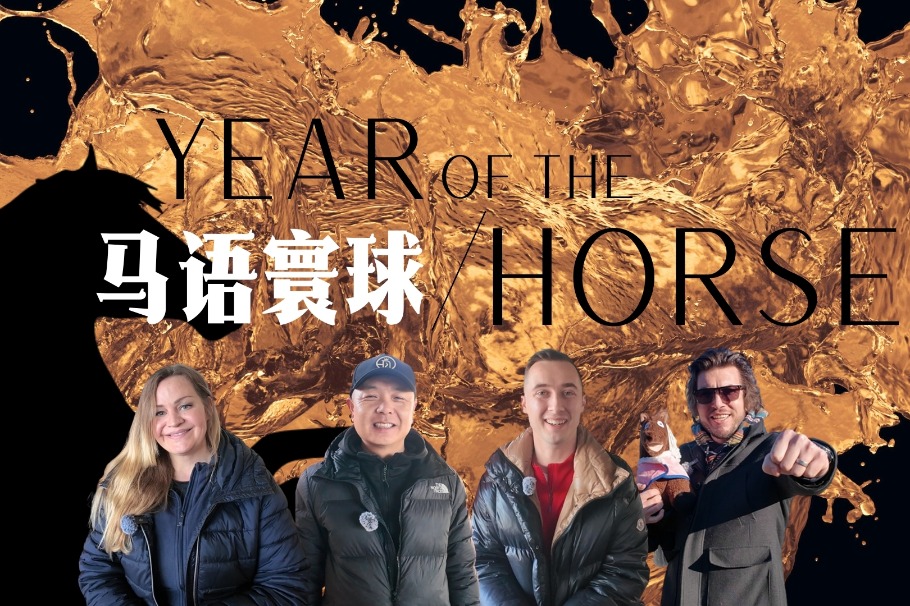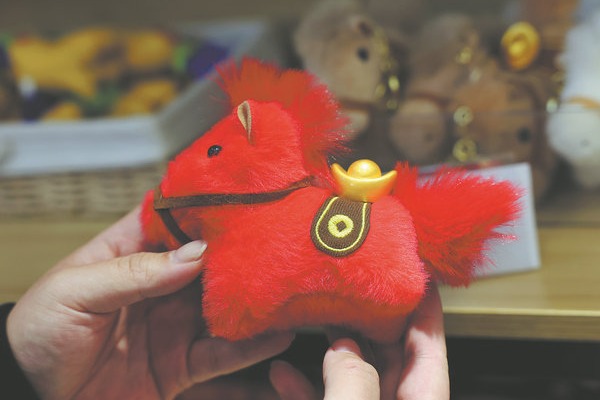Muji's map mistake need not impede thaw in ties


Immediately after Japanese Prime Minister Shinzo Abe indicated his eagerness to improve his country's relations with China, Japanese Foreign Minister Taro Kono made a visit to Beijing that was widely interpreted as a sign of a long overdue thaw in ties.
While in Beijing, Kono and his hosts exchanged promises to work together to improve relations as this year is the 40th anniversary of the signing of the Treaty of Peace and Friendship between Japan and China, and Kono conveyed Tokyo’s hope that the leaders of China, Japan and the Republic of Korea could meet.
Yet subsequent developments are a reminder that it is optimistic to think that the relationship will improve if the fundamental situation remains the same.
Not surprisingly, it is the disputed islands in the East China Sea on which the good momentum has run aground.
Commenting on the request by China's surveying and mapping administration for the Japanese lifestyle company Muji to correct a faulty map that mismarks Chinese territories, including the Diaoyu Islands, Japanese Chief Cabinet Secretary Yoshihide Suga said the move was "unacceptable". Also on Wednesday, Abe warned Beijing to not underestimate his administration's resolve regarding the islands.
Like the controversial Yasukuni Shrine, the Diaoyu Islands are an inflammable issue between Beijing and Tokyo, one that has triggered numerous rounds of tense diplomatic wrangling. However, given both parties' desire for a thaw in ties, it would appear unlikely the Muji incident will be allowed to get in the way.
After all, Muji is only one of many companies that have been admonished for that kind of fault. There is no sign China is trying to make a mountain out of a molehill. It is Tokyo’s response, including lodging an official complaint with Beijing, that has done that.
However, this has been another reminder that the sensitive issues that hold back relations will not go away, and they will continue to be a drag on forging friendly relations until Beijing and Tokyo find a way, as they did in the 1970s and 1980s, to put them on the back burner.
Back then, by agreeing to shelve the disputes that were impossible to resolve at the time, the leaders of the two countries demonstrated outstanding political wisdom and cultivated precious goodwill between the two peoples long estranged by the war.
That is statesmanship that the Japanese leaders today can learn from.
Today's Top News
- Xi replies to veterans of Zimbabwe's national liberation war
- Starmer visit pragmatic step in right direction
- Tech cultivating China's rural vitalization
- School launched for interstellar travel
- Champions lead Winter Olympics quest
- Profit rebound boosts foreign industrial firms






























